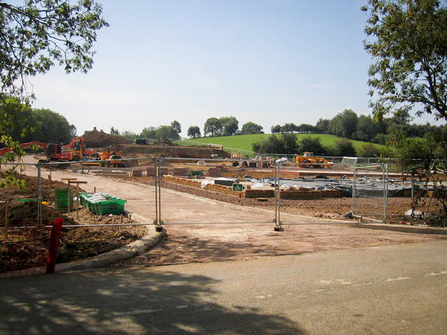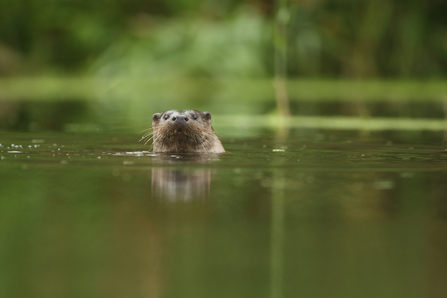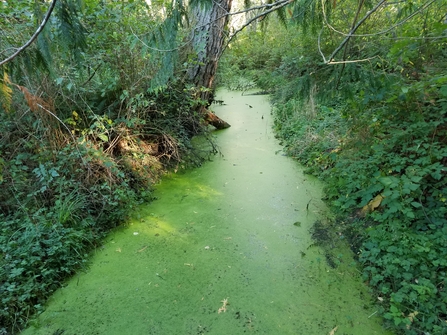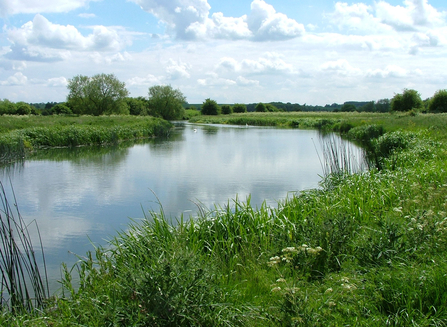Last week it was widely reported that Rishi Sunak was considering scrapping vital legal protections for rivers across the UK in order to allow tens of thousands of new homes to be built.
For our precious rivers and the wildlife that live in them, it’s a move that risks turning a bad situation into a disaster.
The ‘nutrient neutrality’ rules in question mean that all housing developers are legally required to make sure new estates they build do not result in increased levels of phosphate and nitrate pollution in nearby watercourses.




